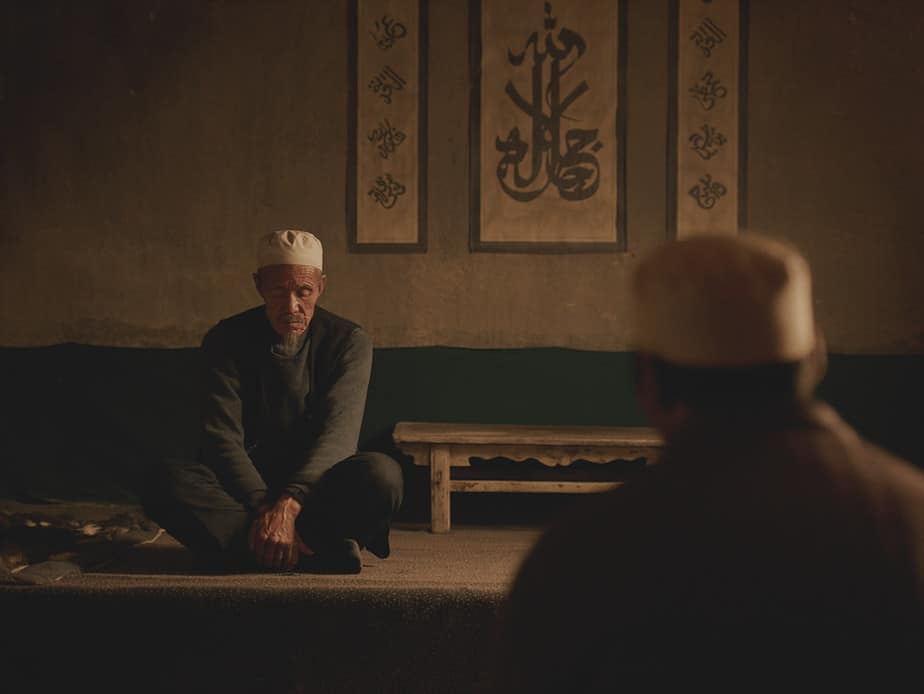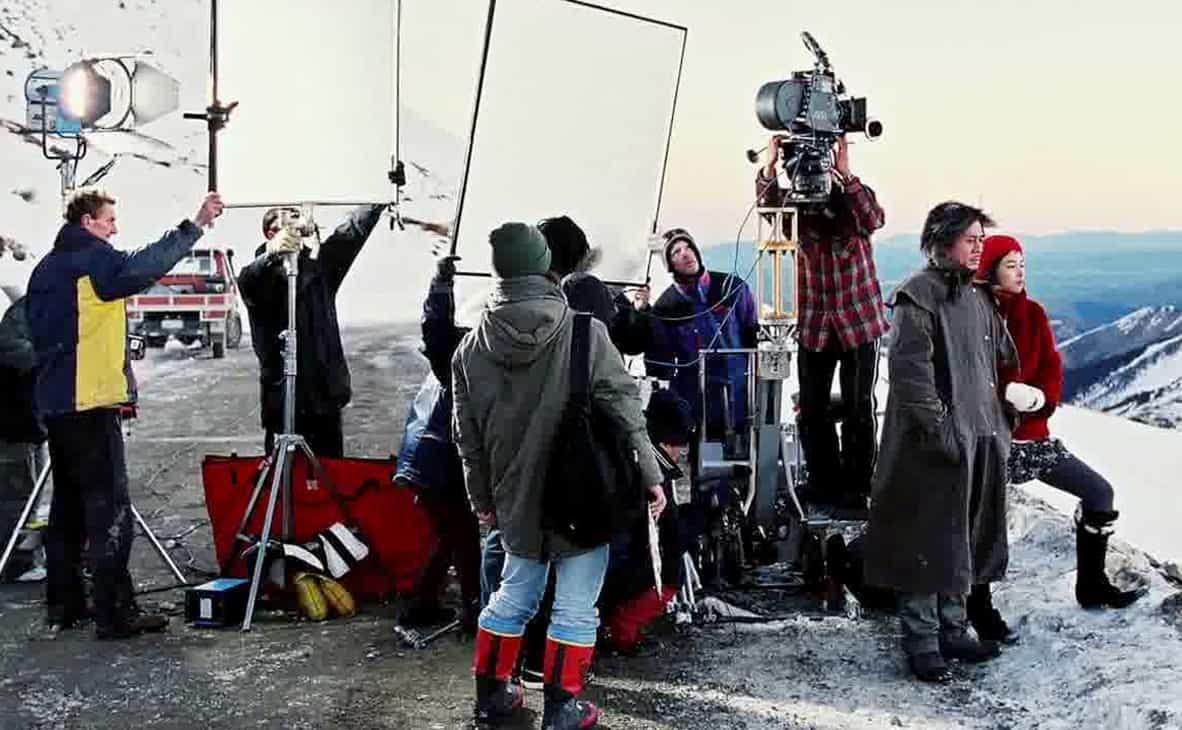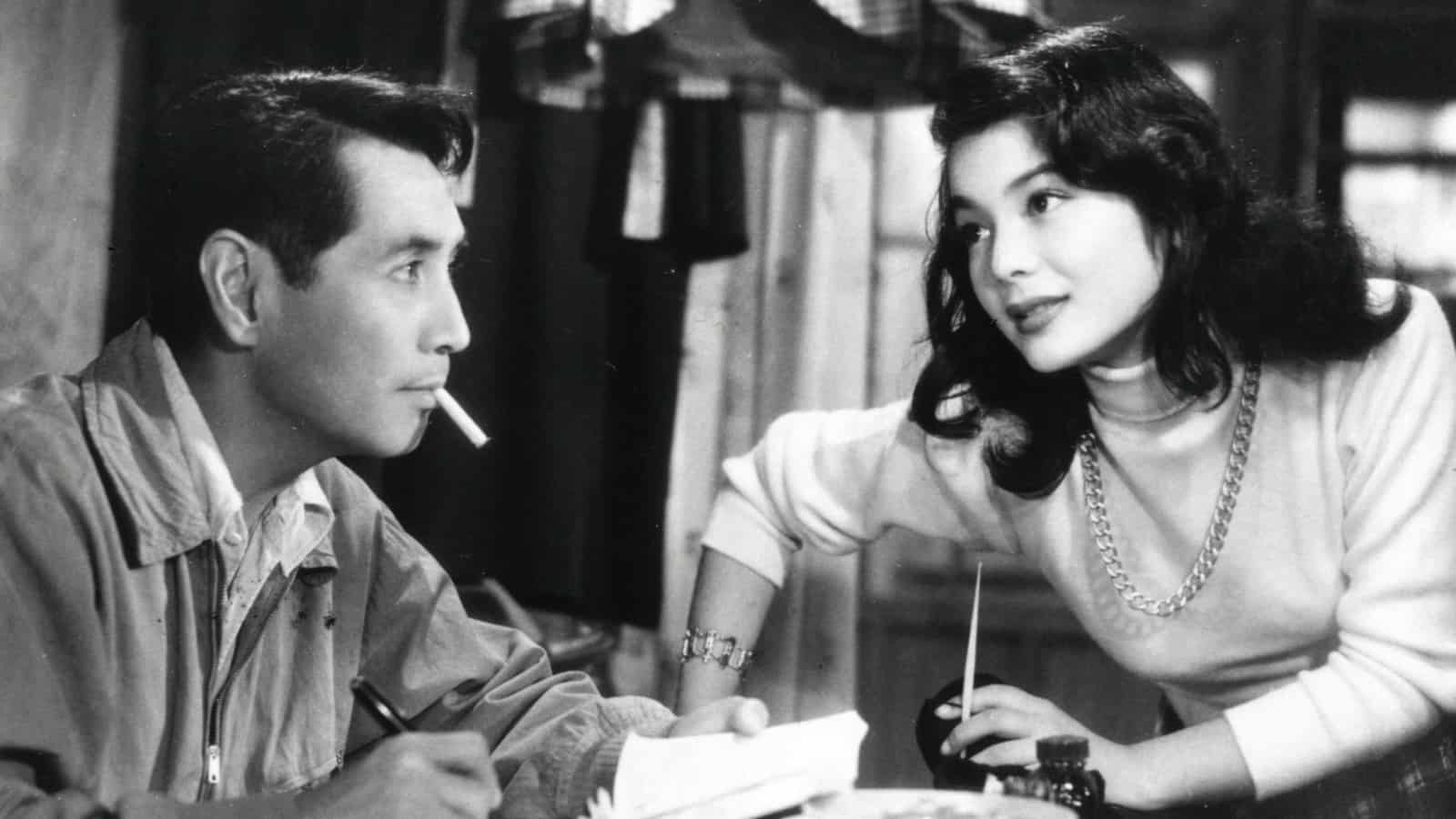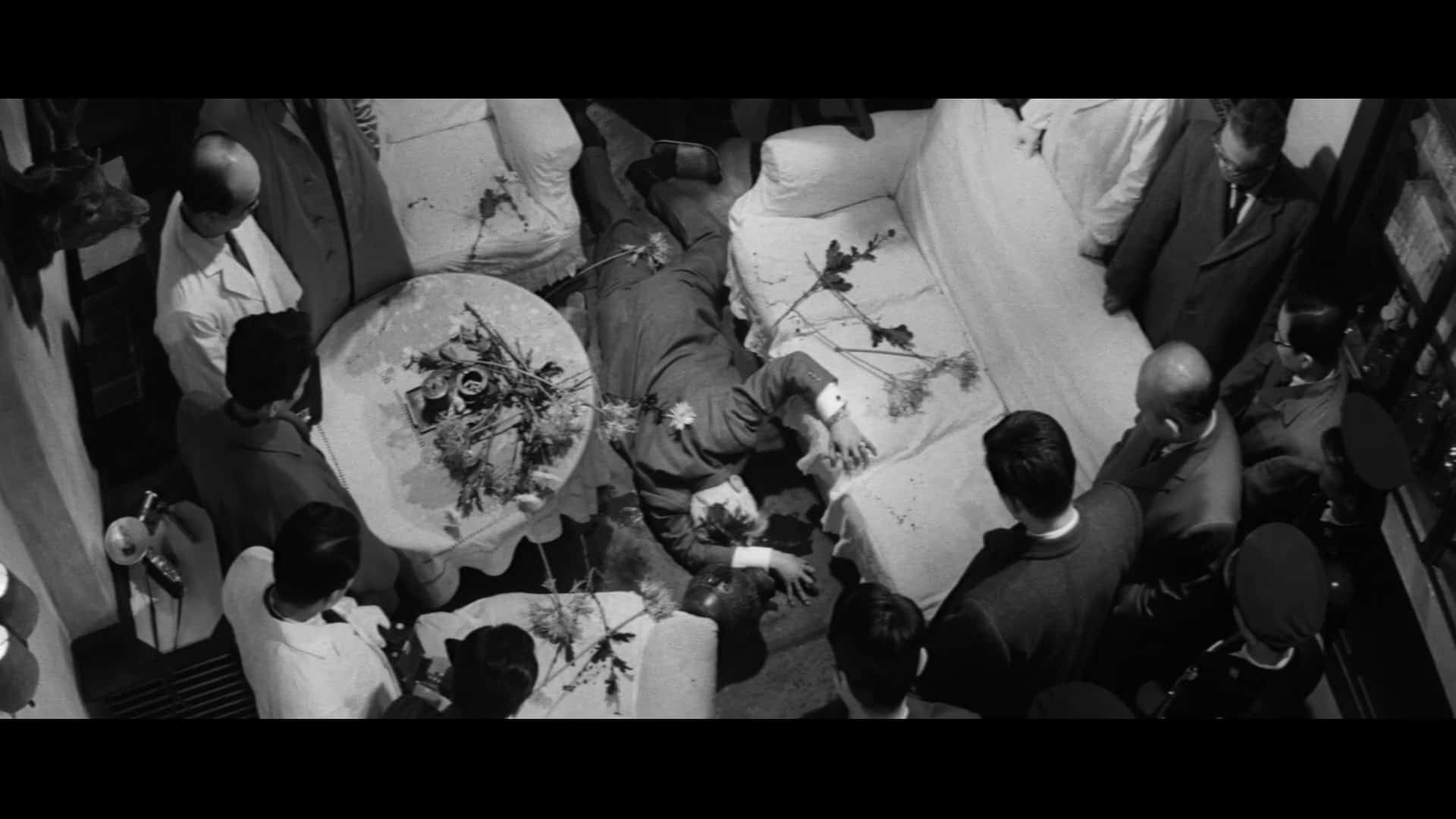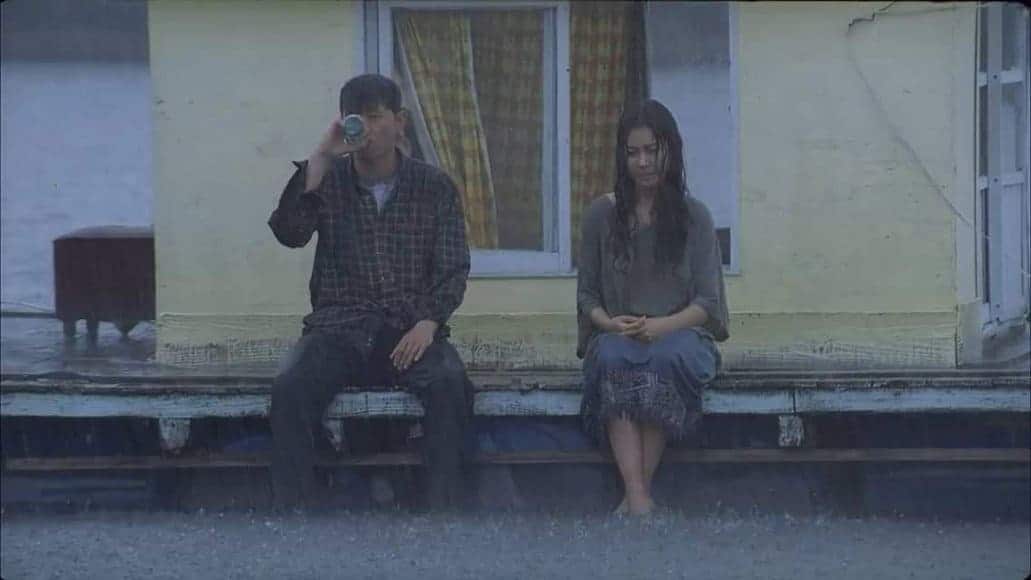With exceptional frankness, director Mishima presented “Voice” to the public of Udine Far East Film Festival, revealing that the film – that she wrote as well – is inspired at large, by her own trauma of being sexually abused at the age of 6. Said frankness is something that comes undoubtedly from a long and painful path of recovery and the director has challenged herself navigating self-worth and guilt in her latest work.
Voice is screening at Udine Far East Film Festival
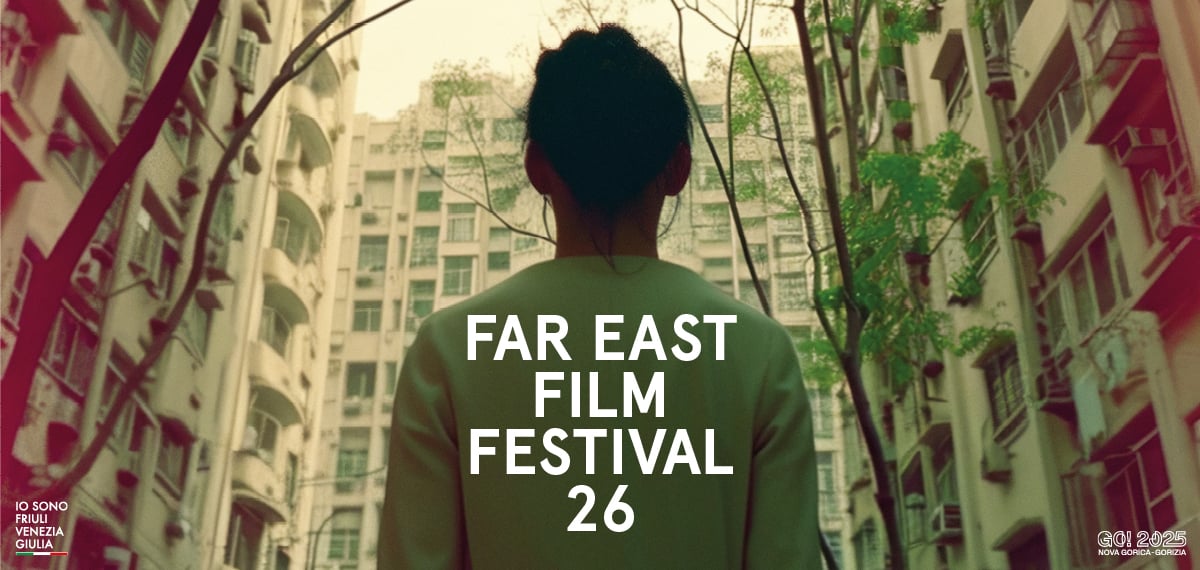
The film is in omnibus format, composed by three episodes of different style and far apart location, and a bridging conclusion. In the first episode, in a stylish house near lake Toya, in the North of Japan, a woman, Maki (Maki Carrousel) is preparing Osechi, a traditional New Year's feast that contains several dishes, all highly symbolic of good fortune, safety, good health and longevity. In doing so she follows the taste and wishes of her daughter Reiko. However, when her other daughter Masako (Reiko Kataoka) arrives with her family for the New Year's meal and calls her “dad”, we start to understand that Reiko has died many years ago in tragic circumstances after being raped, and that Maki has transitioned from man to woman. Both things are cause of great distress for Masako who's never fully accepted Maki's transition and Maki's preference for her sister Reiko. Carrousel Maki's acting is mesmerising, especially the final performance, almost a noh dance, when in a nightmarish, surreal setting she re-enacts the past trauma. Utterly shocking!
The next episode is set in Hachijojima, an isolated island south of Tokyo that was used for exile in the past. A farmer (Sho Aikawa) welcomes his daughter Umi (Kiyo Matsumoto) who is back home after 5 years. She is visibly pregnant, despite her attempt to hide it, and the fact she's returned home can only mean that something is not going as it should be. Father and daughter are quite close, as the man has raised her after the death of his wife in a horrific accident that had left the woman on a life support machine. Father and small daughter together had to make the decision of letting her go, and the scars and guilt are still burning. This guilt and anguish are a chain that connect Umi and her father, but in what is maybe the lighter of the three episodes, it generates a deep connection and love. Echoes of traditional performances are in this episode too, with the harsh beats of the taiko drums, typical of the area, that give rhythm and voice to the protagonists' feelings.
The third episode, set in the Dojima district of Osaka, sees a different Reiko (Atsuko Maeda) attending the funeral of her ex-boyfriend. Soon after, she meets a young man called Toto' Moretti (Ryota Bando), who offers her his boyfriend-for-a-day services. They spend some time together before ending up in a love hotel. Reiko is mysteriously moody and melancholic until her feelings burst to the surface, and she spills out her sorrow. In a compelling monologue, Reiko tells the story of a sexual abuse she had endured at the age of 6. In painful details she expresses her struggle with a myriad of emotions, including shame, self-blame, and worthlessness, which deeply impacted her sense of self. Shot in a restrained back and white, this segment is a heartfelt and realistic depiction of a victim's struggle with the feelings of being damaged, tainted, and unworthy of love. During her presentation in Udine, director Mishima told us she found solace in her path to recovery from the works of some of her favourite directors; she mentioned south Korean Lee Chang Dong and Italian Nanni Moretti. In fact, there are a few references to Moretti's films in this third section, some more obvious, mentioning his film “La Stanza Del Figlio”, and others more subtle, involving Nutella as a comforter, that only few will spot.
What links all the episodes is the sense of guilt that tarnishes the lives of these people; irrational guilt for not having been able to prevent a tragedy, or as frequently happens, questioning if they could have somehow encouraged it. However, the second episode is the less assertive in this contest even if it is a compelling narrative per se. Water is also a factor that is always present in the film, holding rich symbolism of transition, transformation and healing.
In the elliptic finale, we are back on the lake Toya where Maki is overwhelmed by an agony that will never go away, while another Reiko is alive and is going to live and deal with her pain.



